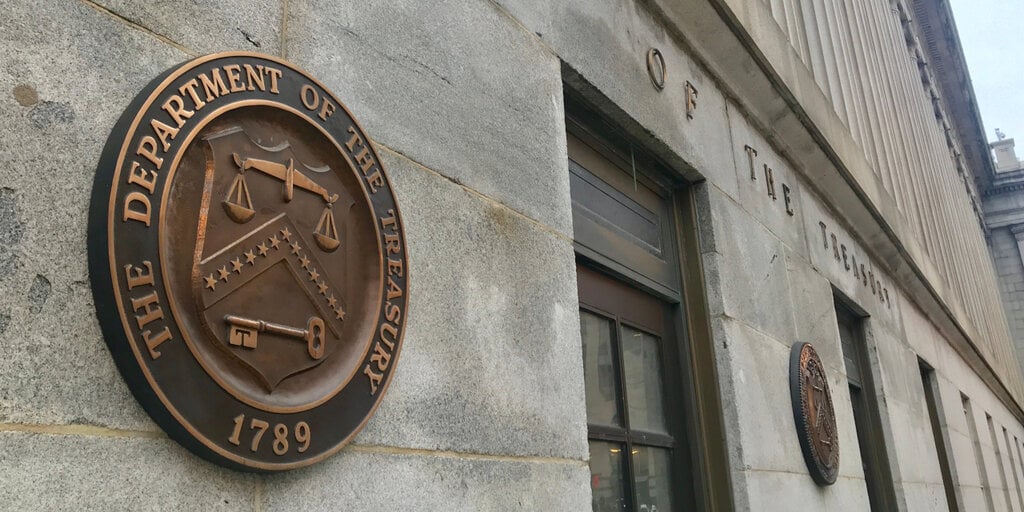The United States Department of the Treasury’s Office of Financial Assets Control, or OFAC, updated its Specially Designated Nationals and Blocked Persons (SDN) list to include eight Tron wallet addresses linked to a network of Houthi financial facilitators.
The Houthis are an Iran-backed rebel group in Yemen that has previously launched attacks at Israel, as well as commercial ships in the Red Sea. The group was the target of U.S. airstrikes in March, in a move that made headlines in part because U.S. officials discussing the attacks on messaging app Signal accidentally added a journalist to the group.
According to the Treasury, the network procured “tens of millions of dollars’ worth of commodities from Russia, including weapons and sensitive goods as well as stolen Ukrainian grain, for onward shipment to Houthi-controlled Yemen.”
The wallets were linked to Sa’id al-Jamal, an Iran-based “senior Houthi financial official” who the U.S. Treasury previously declared a Specially Designated Global Terrorist in 2021, with further sanctions following in 2023 and 2024.
“The Houthis remain reliant on Sa’id al-Jamal and his network to procure critical goods to supply the group’s terrorist war machine,” said Secretary of the Treasury Scott Bessent in a statement. “Today’s action underscores our commitment to degrading the Houthis’ ability to threaten the region through their destabilizing activities.”
Pursuant to Executive Order 13324, which enables the U.S. Government to “block the assets of foreign individuals and entities that commit, or pose a significant risk of committing, acts of terrorism,” the addresses, alongside other entities and vessels, have been added to the SDN, blocking or freezing their assets and prohibiting U.S. citizens from dealing with them.
According to Tron block explorer TokenView, the addresses have been active as far back as 2023 and have largely transacted with Tether’s USDT stablecoin, sometimes sending up to $1 million worth at a time.
The U.S. Treasury has a history of sanctioning and adding crypto addresses and entities to its blacklist, having previously done so for groups ranging from Russian Neo-Nazis in 2022 to Hamas-connected crypto exchanges in 2023.
Tether too is able to create blacklists for addresses, having done so for more than 2,100 addresses holding over $1.3 billion USDT, according to a Dune dashboard. A representative for the stablecoin issuer did not immediately respond to Decrypt’s request for comment on whether the organization was made aware of the latest SDN additions.
Last week, the U.S. Justice Department seized more than $200,000 earmarked for Palestinian militant group, Hamas.
Edited by Andrew Hayward
Daily Debrief Newsletter
Start every day with the top news stories right now, plus original features, a podcast, videos and more.




